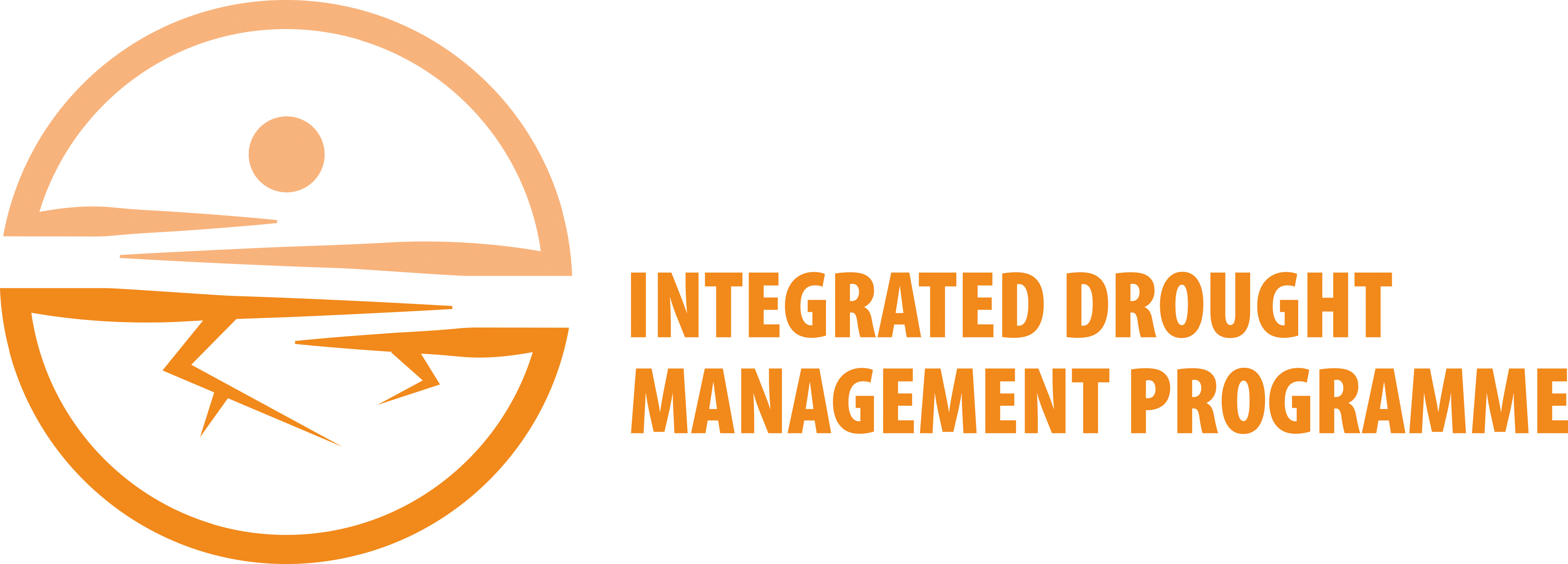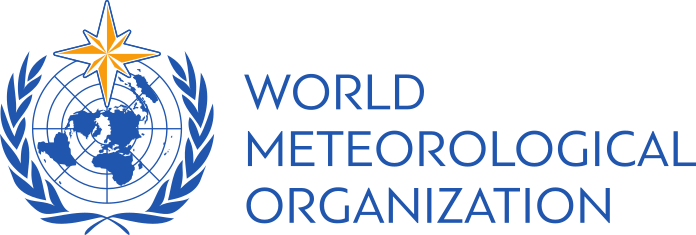IHE Delft Institute for Water Education is the largest international graduate water education facility in the world and is based in Delft, the Netherlands. Since 1957 the Institute has provided water education and training to 23,000 professionals from over 190 countries, the vast majority from Africa, Asia and Latin America. Through its overarching work in education, research and capacity development, IHE Delft aims to make a tangible contribution to achieving all Sustainable Development Goals in which water is key; envisioning a world free of poverty and injustice, in which people manage their water and environmental resources sustainably and equitably.
With over 140 academic staff and 124 PhD fellows active in water-related, problem-focused and solution-oriented research on development issues, IHE Delft has a vibrant multicultural and multidisciplinary research atmosphere. IHE Delft offers an accredited MSc programme in Water for Sustainable Development, as well as tailor-made training, online training courses, and short courses for engineers, scientist and managers working in the water, environment and infrastructure sectors. This includes strengthening the knowledge and capacity base of ministries and water sector organizations around the world. We do this by training water professionals on-the-job, creating water education networks, joint research, policy advice, distance and e-learning, participation in innovative projects and facilitating knowledge sharing.
IHE Delft holds a unique position at the interface between science and technology, and is a UNESCO Category II centre and a UN-Water Partner.



